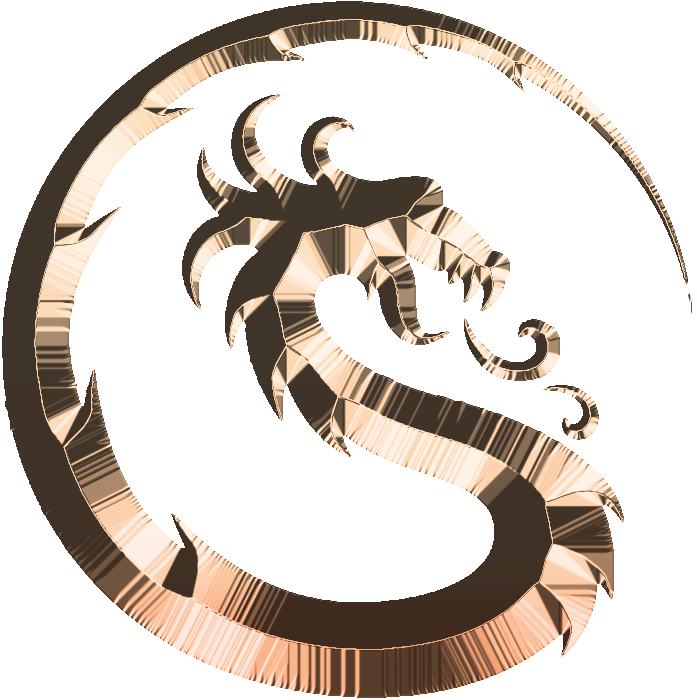HBO’s Westworld premiered last Sunday, ending our languishment in the TV wasteland that has existed since the season’s end of Outlander and Game of Thrones. What HBO has delivered is vintage Michael Crichton, and more. There’s even a biblical element to it, if I’m not mistaken.
Westworld is based on a 1973 movie written by Michael Crichton, the creator of Jurassic Park and one of the finest science fiction novelists of our time. If you’ve read Jurassic Park, you know that Crichton was concerned with the dangers of pushing the limits of science. Westworld proceeded Jurassic Park by 17 years, but it has a similar premise: an amusement park for adults populated by human-looking androids (instead of dinosaurs) that turns deadly when the androids begin to think for themselves.
The theme of robots and artificial intelligence posing a danger to mankind is not new. We’ve seen it in The Terminator, The Matrix, and even the fears of real-world scientists who worry about the potential dangers of A.I. But Crichton was among the first modern authors to really do this theme justice, and HBO looks like they’re about to make something special out of Crichton’s source material.
To start, we have Anthony Hopkin’s character, Dr. Robert Ford, the creator of Westworld – literally the god of this reality. The lifelike androids of Westworld are his creations, but in making them he admits that he’s made mistakes. One of these appears to be a programming update that seems to be giving his creations a form of free will, or at least the ability to remember their past lives, as the androids are repurposed from storyline to storyline. A bit like the biblical Creator, Ford has made a world where its inhabitants are perfect so long as their programming holds. But with the introduction of free will, it looks like paradise is coming to an end. As one character puts it, “kids all rebel eventually.”
To stir this rebellion, Westworld has given us a devil in the form of Ed Harris’ character, the man in black. I thought he was based on Yul Brynner’s character from the original Westworld, the android that runs amok and begins killing all the guests. But in a twist, Harris’ character is human. He’s a guest who’s been visiting the park since it opened, and is wicked to the core. And, like the serpent in the garden, I suspect he’s also about to inject some chaos into Ford’s Eden, and we all know how that tale ends.
Which brings us to Delores, the show’s heroine and, perhaps, the Eve of our tale. She is the android who is beginning to think and remember. And I bet Harris’ man in black will begin to push her toward a greater understanding of the nature of good and evil. This is not to say that HBO is giving us a Sunday school morality tale. There are many other themes built into this complex story, including those of slavery, freedom, and human nature. But ultimately, I would not be surprised if it’s about a man who tried to play God, and the consequences of creating and trying to control beings who exhibit free will. Add to this a little Chaos Theory in the form of the man in black, and I think we’ll have a rich tale that is vintage Crichton, with even a little more to ponder as it unfolds.
Based on the first episode, we have a winner here. And for that, I could not be more pleased since we have three months before Black Sails returns and all will be well in the world again.




